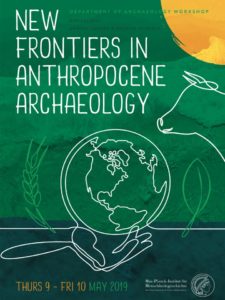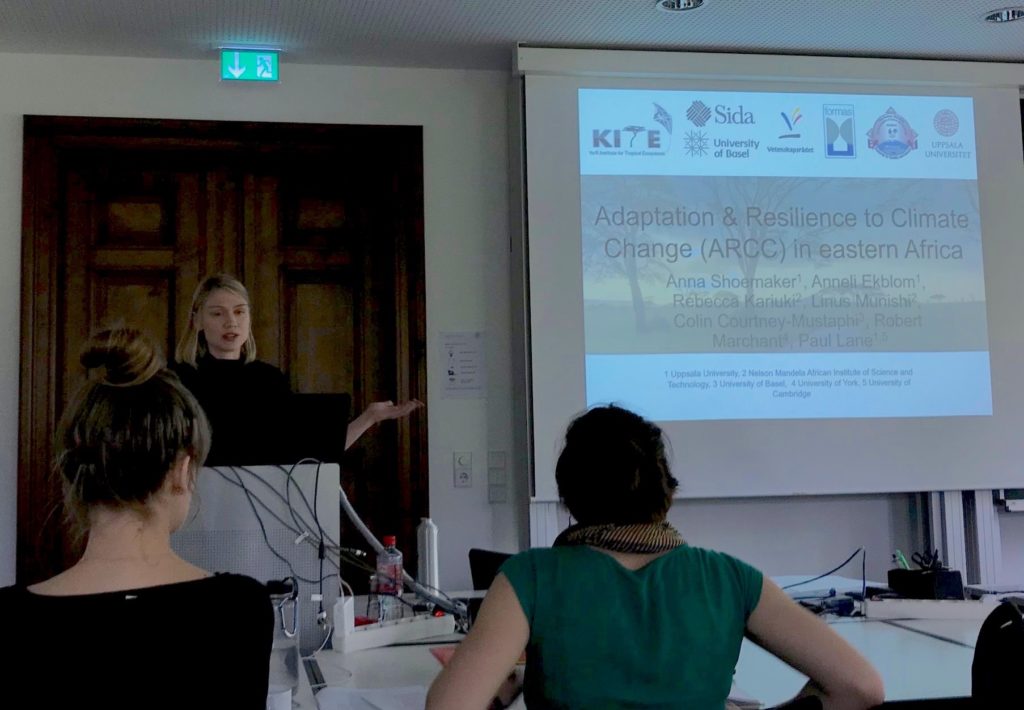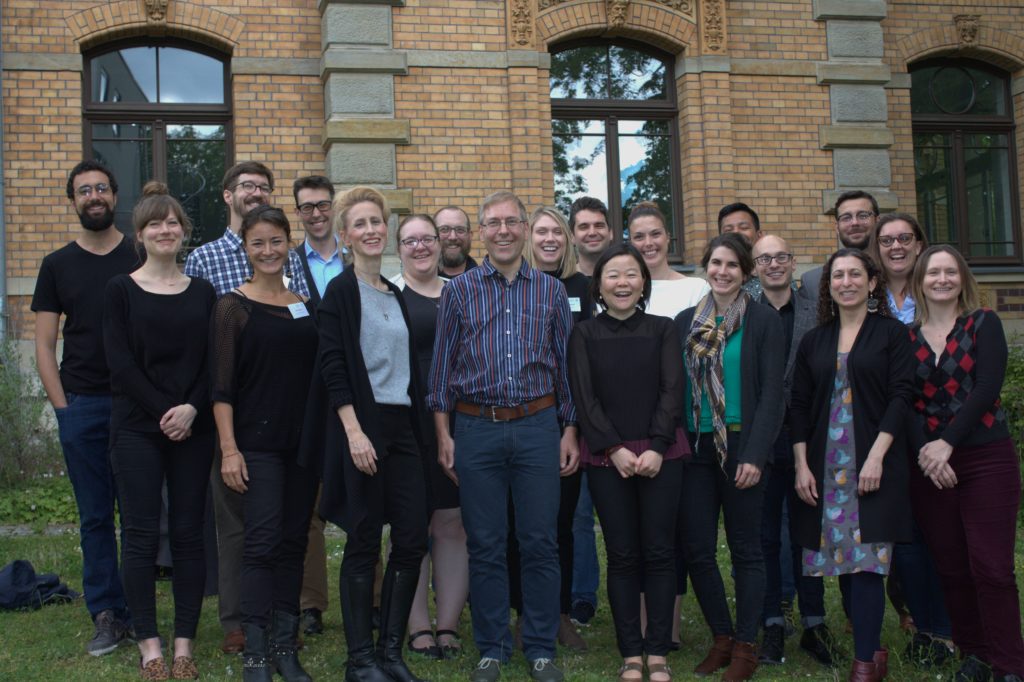Anna Shoemaker was recently invited to speak about the ARCC project at the Max Planck Institute for the Science of Human History in Jena. Her talk was part of a larger workshop focused on bringing together researchers whose work addresses the historic and prehistoric role of humans in shaping regional and global ecosystems.
Researchers in attendance contributed to a lively discussion and exchange about the role of archaeology in the Anthropocene era. Questions addressed included:
• How significant were pre-industrial human impacts?
• Why do historical human impacts matter today?
• How can novel scientific methods contribute?
The ARCC project is just one of many research initiatives that understand that the single biggest challenge of our generation is the human transformation of the Earth, increasingly witnessed in the form of climate change, habitat destruction and mass species extinctions. Scientists have suggested that these impacts have become so substantial that we have now entered a new epoch, the Anthropocene, in which humans have emerged as the dominant geological force on the planet. Archaeology and related disciplines like palaeoecology and historical ecology provide a unique, long-term perspective on the Anthropocene and the emergence of significant cultural niche construction.
Historicising human environmental impacts provides insights into present-day activities and their long-term legacies, helps to model and predict anthropogenic impacts, and assists us in better understanding and defining pre-industrial baselines. In addition, disciplines like archaeology, which garner tremendous public attention, help to raise the profile of, and provide novel perspectives on, anthropogenic environmental change. Research into anthropogenic environmental change is currently thriving, supported by a new wave of researchers not afraid to cross the boundaries between different disciplines.
ARCC extends a huge thanks to workshop organizers Anneke Janzen and Patrick Roberts at MPI-SHH for putting on such a stimulating and productive event.


